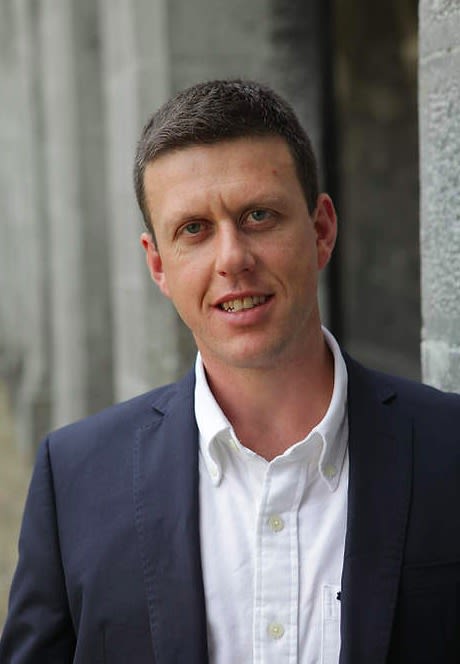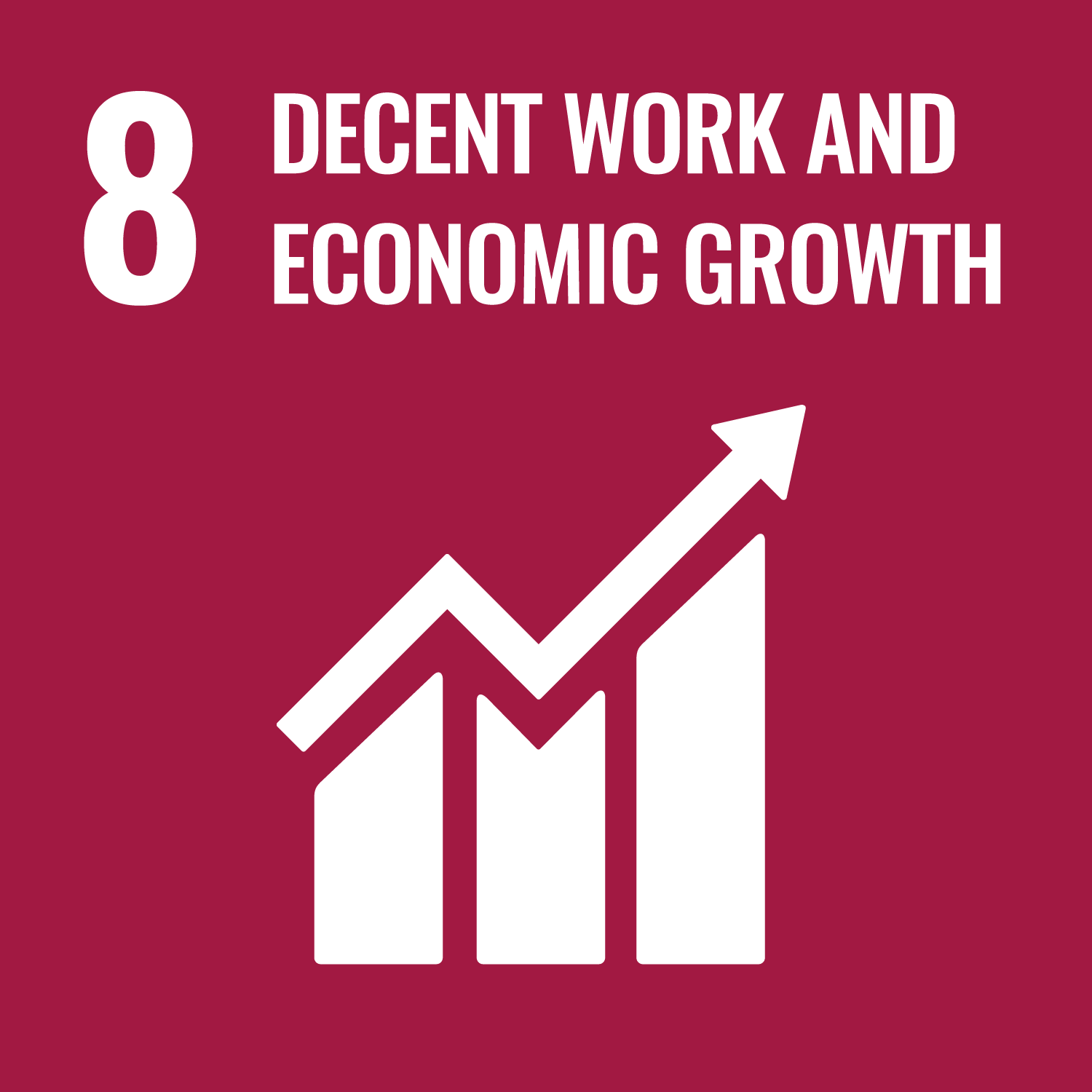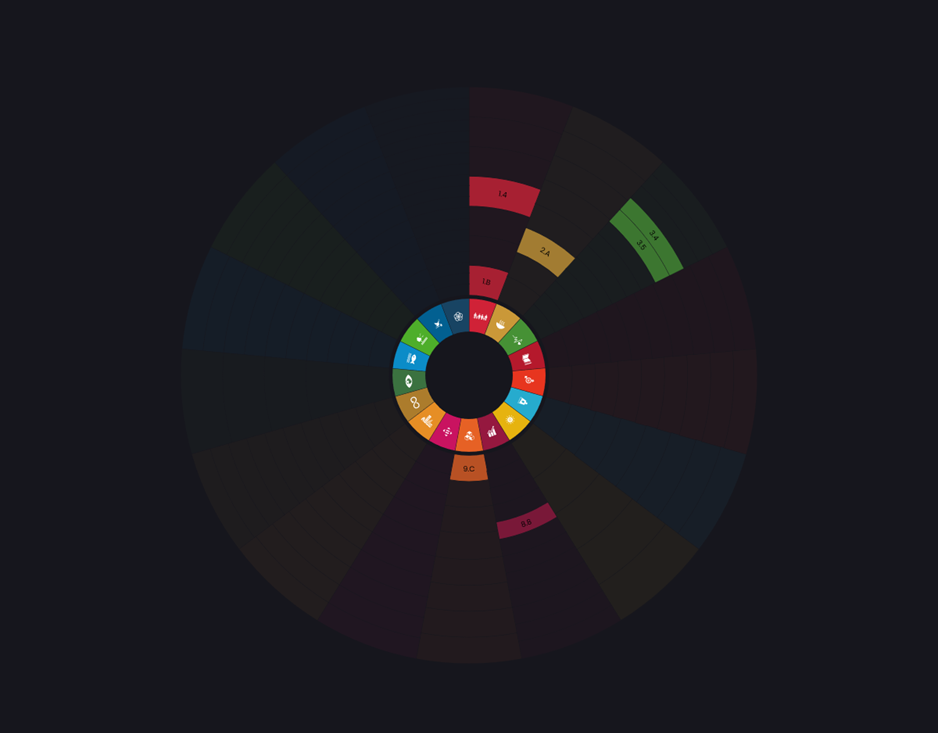Professor Eoin Whelan
Professor in Business Analytics & Society
J.E. Cairnes School of Business and Economics, University of Galway



Eoin's research explores the psychology underlying engagement with interactive digital media such as smartphones, social networking sites, fitness-tracking apps, and online gambling and gaming sites. In other words, how do different attributes of digital media interact with the person's motivations, personality, beliefs, cognition and situation to influence processes and outcomes such as wellbeing, conflict and performance.
Eoin's work contributes to these SDGs

Eoin leads a team on a study of the antecedents and consequences of web-conferencing fatigue.
Key Target: 3.4 Reduce mortality from non-communicable diseases and promote mental health

Teaching

Storytelling through Data Visualisation We live in a world increasingly dominated by data. Data are used to make important decisions, to shape business and political policy, and to understand the fundamental workings of nature. But data can be complicated, mysterious and difficult to understand. It is more important than ever to be able to communicate data in a way that is comprehensible and memorable. This is the essence of data storytelling. Data storytelling is a skill, and the goal of this course is to help students improve this skill.
Focusing on Target 9.C Universal access to information and communications technology; also supporting 8.2 Diversify, innovate and upgrade for economic productivity and 16.7 Ensure responsive, inclusive and representative decision-making
Advanced Research Issues in Information Systems This purpose of this course is to enable students become both consumers and producers of state-of-the-art research in the field of information systems. Students are exposed to cutting-edge research from the field, which they will critique and reflect upon. It aims to deepen the candidate's grasp of the theories, techniques and methods employed in emerging IS research. Students will learn how to develop a research study and establish its relevancy for individuals, industry or wider society.
Focusing on SDG 12; also supporting Targets 13.3 Build knowledge and capacity to meet climate change and 10.2 Promote universal social, economic and political inclusion
A feature of most of my assignments is that they require students to design and develop solutions to real business problems. Students are typically presented with a semi-structured brief and encouraged to collaborate in groups wherein they apply their creative problem-solving skills in the production of innovative, original outputs. For example, I brought my MS115 Business Information Systems class on a field visit to Killary Adventure Centre. I arranged with the owners of the adventure centre to give a talk to the class on how their business operates and the current and future challenges they face. In textbooks, our students are exposed to cases studies of leading multinationals implementing state-of-the-art technology. I specifically chose Killary for the assignment as they represent the complete opposite – a small business in rural Ireland that struggles even to get broadband Internet access. The students are then given a group assignment where they have to determine how a specific technology can add real value to Killary Adventure Centre.
Engagement
Eoin has ongoing collaborations with industry through CISCO, researching the impact of technostress. He has also collaborated with Western Development Commission on several projects including the National Remote Working Survey and the qualitative Social and Community Impact of Rural Hubs.
Eoin is frequently an invited speaker at events such as this Technology and the Future of Work event. He has also advised the Government of Ireland on digital wellbeing.

Direct impact SDG Targets
3.4 - Reduce mortality from non-communicable diseases and promote mental health
Indirect Impact
1.4 - Equal rights to ownership, basic services, technology and economic resources
1.B - Create pro-poor and gender-sensitive policy frameworks
2.A - Invest in rural infrastructure, agricultural research, technology and gene banks
3.5 - Prevent and treat substance abuse
8.8 - Protect labour rights and promote safe working environments
9.C - Universal access to information and communications technology

In fo.

Research

Featured Publications
|
References |
SDGs |
|---|---|
|
Laato, S., Islam, A. K. M. N., Islam, M. N. and 1 more (...) (2020). What drives unverified information sharing and cyberchondria during the COVID-19 pandemic? European Journal of Information Systems, 29(3), 288-305. |
3.4, 3.8; 10.3 |
|
Whelan, E., Clohessy, T. (2021).How the social dimension of fitness apps can enhance and undermine wellbeing: A dual model of passion perspective. Information Technology and People, 34(1), 68-92. |
10.3; 9 |
|
Whelan, E., Golden, W., Tarafdar, M. (2022). How technostress and self-control of social networking sites affect academic achievement and wellbeing. Internet Research, 32(7), 280-306. |
10.3 |
|
Aalbers, R., Whelan, E. (2021). Implementing digitally enabled collaborative innovation: A case study of online and offline interaction in the German automotive industry. Creativity and Innovation Management, 30(2), 368-383. |
9 |
|
Whelan, E., Laato, S., Islam, A. K. M. N. and 1 more (...) (2021). A casino in my pocket: Gratifications associated with obsessive and harmonious passion for mobile gambling. PLoS ONE, 16(2). |
10.2, 10.3 |
|
Callinan, C., Scott, M., Whelan, E. and 1 more (...) (2018). How to create public value through open data driven Co-creation: A survey of the literature. ACM International Conference Proceeding Series, 363-370. |
8 |
|
Umair, A., Conboy, K., Whelan, E. (2023). Examining technostress and its impact on worker well-being in the digital gig economy. Internet Research, 33(7), 206-242. |
8 |
